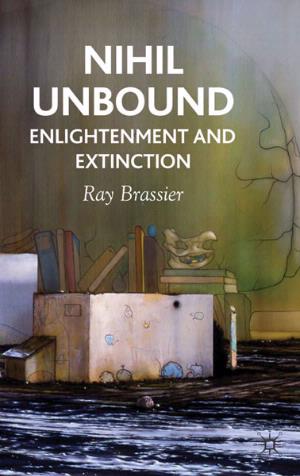
I am a little behind the pace, but here is a link to Ray Brassier's Doctoral Thesis 'Alien Theory: The Decline of Materialism in the Name of Matter.' Hopefully, it can serve as helpful introduction in the 'new' school of speculative realism and the concept of nonphilosophy.
This is the synopsis for the dissertation:
The thesis tries to define and explain the rudiments of a ‘non-philosophical’
or ‘non-decisional’ theory of materialism on the basis of a theoretical
framework provided by the ‘non-philosophy’ of François Laruelle. Neither
anti-philosophical nor anti-materialist in character, non-materialism tries to
construct a rigorously transcendental theory of matter by using certain instances
of philosophical materialism as its source material.
The materialist decision to identify the real with matter is seen to retain a
structural isomorphy with the phenomenological decision to identify the real
with the phenomenon. Both decisions are shown to operate on the basis of a
methodological idealism:- materialism on account of its confusion of matter and
concept; phenomenology by virtue of its confusion of phenomenon and logos.
By dissolving the respectively ‘materiological’ and ‘phenomenological’
amphibolies which are the result of the failure to effect a rigorously
transcendental separation between matter and concept on the one hand, and
between phenomenon and logos on the other, non-materialist theory proposes to
mobilise the non-hybrid or non-decisional concepts of a ‘matter-withoutconcept’
and of a ‘phenomenon-without-logos’ in order to effect a unified but
non-unitary theory of phenomenology and materialism. The result is a
materialisation of thinking that operates according to matter’s foreclosure to
decision. That is to say, a transcendental theory of the phenomenon, licensing
limitless phenomenological plasticity, unconstrained by the apparatus of eidetic
intuition or any horizon of apophantic disclosure;- but one which is
simultaneously a transcendental theory of matter, uncontaminated by the bounds
of empirical perception and free of all phenomenological circumscription.






